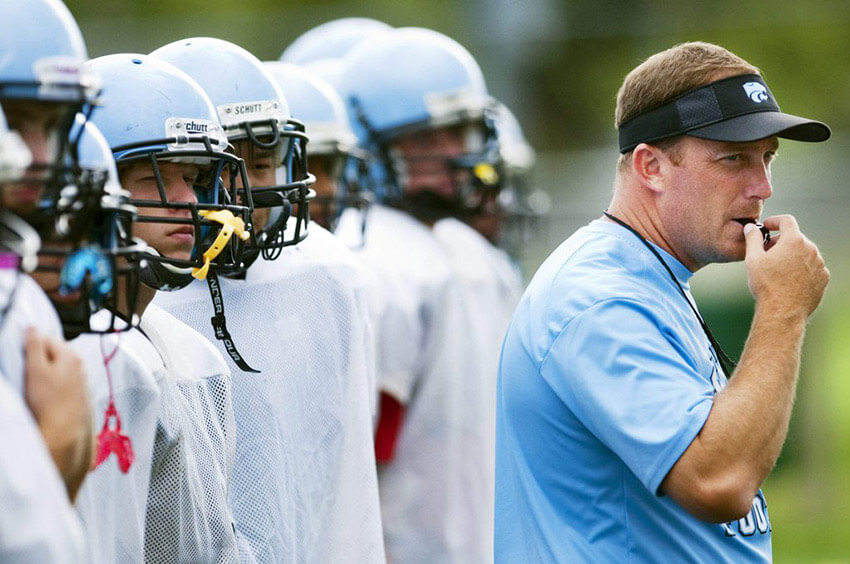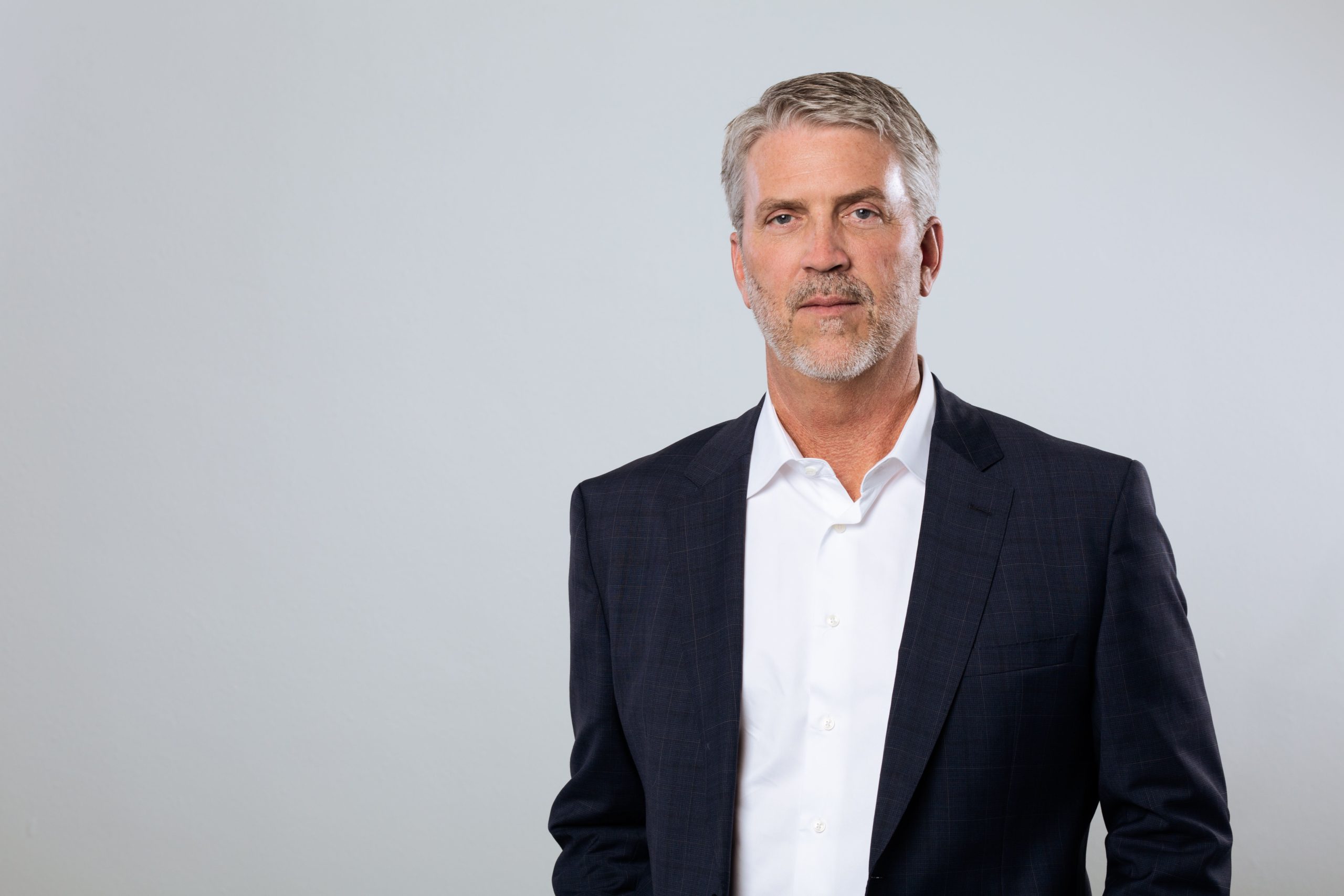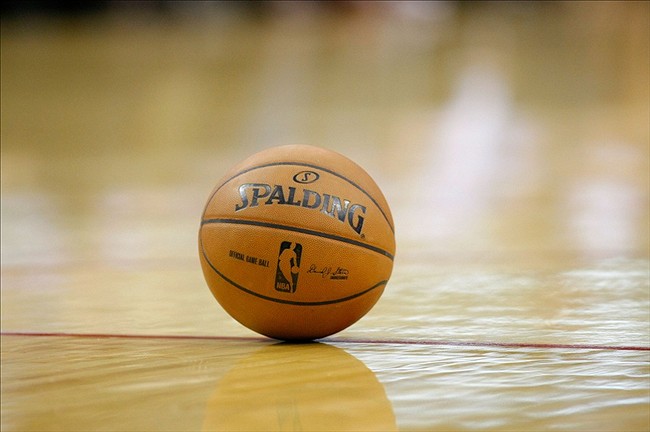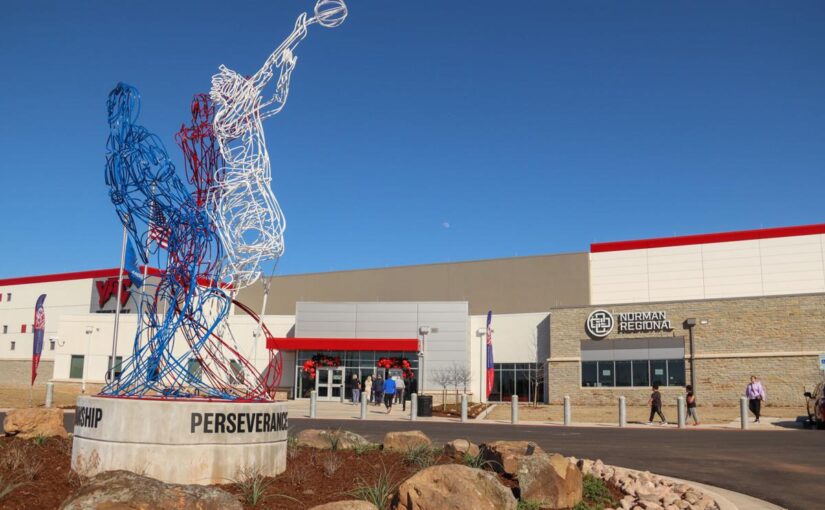Psych Safety — The Number One Area Coaches Need to Develop
If a coach only looks at their team through their own eyes, they may as well be wearing a blindfold. A coach’s vision alone will never provide the most important view. That comes through the eyes of the student-athletes — it has to. Only they can give a coach the true reflection of the program.
Self-reflection is crucial, no doubt. A coach’s journey is all about constant improvement — ‘How can I better communicate?’ ‘Am I challenging my players?’ ‘How can we win more games?’
 These are important. But the question a coach needs to ask first and foremost is: ‘Does my team feel psychologically safe?’ And only the student-athletes can answer that.
These are important. But the question a coach needs to ask first and foremost is: ‘Does my team feel psychologically safe?’ And only the student-athletes can answer that.
Why is psychological safety so vital to a team’s success? It’s all about growth. If, through the eyes of the student-athlete, the coach has built a trust-based relationship and provided a psychologically safe environment that challenges each student — physically and mentally — then those student-athletes have what they need to grow in their respective sports.
But What Does Psych Safety Mean?
Psychological safety is a term that’s often used in the business world by management and HR leaders. It’s a concept credited to Dr. Amy Edmondson of Harvard, and it’s a topic that is being discussed more and more in company conference rooms because new research shows how crucial it is to performance.
What does it have to do with sports? More than you might think. Our decade of research tells us there are striking similarities between successful people in the business world and those who coach successful sports teams. And psychological safety is the area where high school and college coaches could use the most development.
In the 2021/2022 Coaching Effect Survey, we found teams need the most work around constructing an environment where student-athletes are encouraged to be their authentic selves without fear of negative consequences for the way they play, the questions they ask, or their opinions, which is how we define psychological safety.
 Perhaps the easiest way to understand psychological safety is through examples of team atmospheres where it’s lacking.
Perhaps the easiest way to understand psychological safety is through examples of team atmospheres where it’s lacking.
Picture this: A player raises his hand in practice to ask a question. Coach says, “If you’re going to ask about the play I just covered, put your hand down. If you weren’t listening, we’ve got five other guys who were, and they can take your place in a heartbeat.”
Or this: A player makes a single mistake on the court and the coach pulls them. Then, the student-athlete takes the walk of shame back to the bench.
These are just two examples from our research. Whether an athlete is on the receiving end or not, their takeaway might be the same in these situations. Don’t speak up. Don’t make a mistake. Do what it takes to avoid humiliation. Unfortunately, these are the things that diminish student-athlete growth.
Here’s What Psych Safety is Not
I realize there are a lot of connotations with psych safety, and not all are positive. So here are a couple of examples of what I don’t mean when we’re discussing psych safety.
- Psychological safety does not mean being easy on players. It’s more about removing the fear of failure and encouraging smart risk-taking.
- It does not involve dancing around the truth. Candid feedback is vital to student-athlete growth.
- Not asking for a student-athlete’s opinion or feedback and input – including in a timeout with the game on the line!
- And it doesn’t mean coaches should let their players walk all over them. There must be respect, but it’s a two-way street.
The bad news is that a psychologically safe environment isn’t something that happens on autopilot. The good news is that a coach can create this type of environment for their players by being open to changing the way they’ve always done things.
The investment is worth the payout. Psychologically safe teams play more freely and fearlessly. More freedom and confidence raise teams to an elite level.
We recently worked with a high school volleyball team that had a perfect mix: talent, coaches, and a willingness to grow. We analyzed the team according to our six themes (connection, structure, skill development, communication, challenge, and psych safety). To her credit, the head coach decided on psychological safety as the focus for their growth.
» ALSO SEE: Offensive Zone Faceoff Adjustments Headline Hockey Rule Changes
The coach took the results of our survey in conjunction with our learning development plan, and improved psych safety by holding engaging team retreats; high-fiving players; and stopping student-athletes during practice if she felt they were playing timidly. Subsequently, the coach’s volleyball team made it to their first championship in 20 years.
We’ve seen how intentional decisions to foster the psych safety of a team make a difference – not only in terms of wins but in how it can positively impact a young person’s life. We hope more coaches have the opportunity to learn the value of this underappreciated concept and experience it for themselves.





